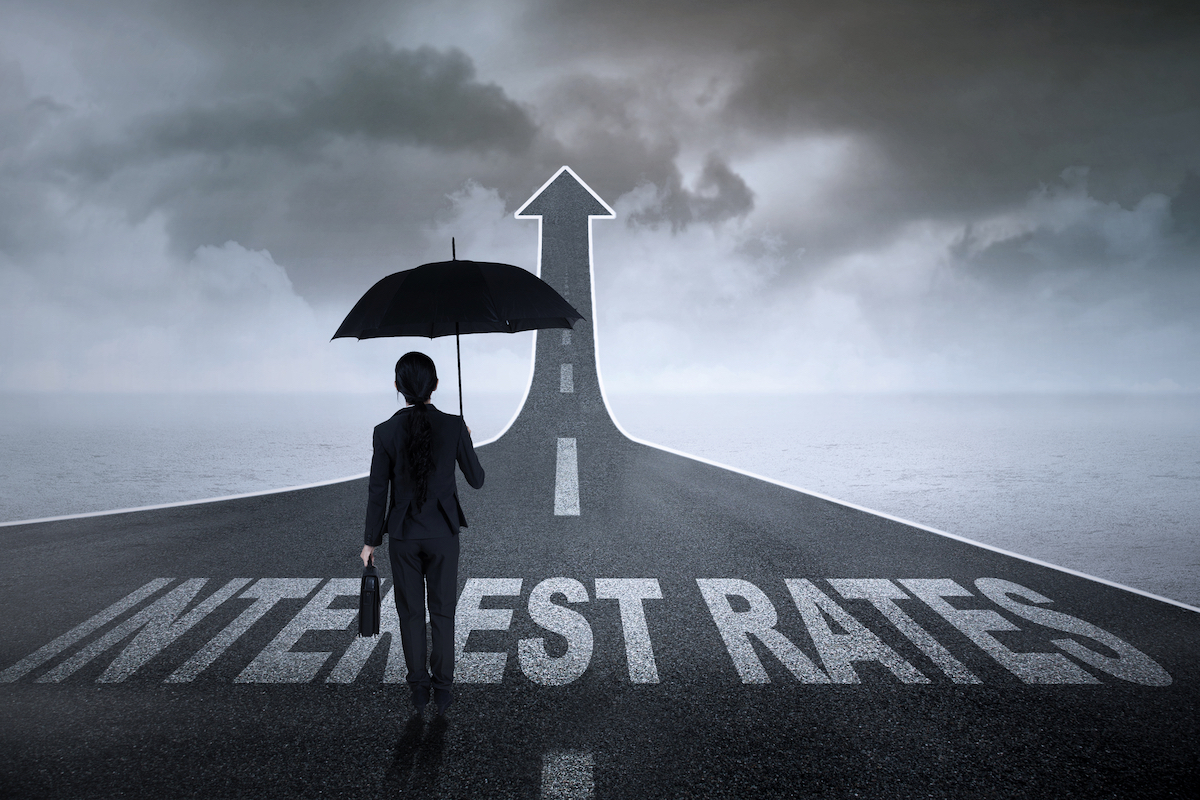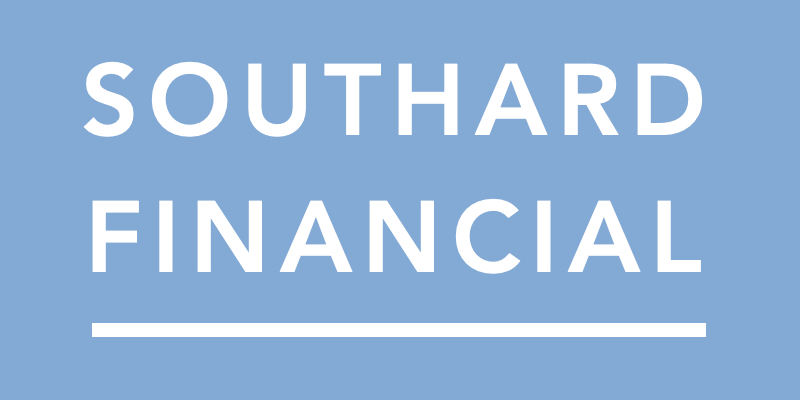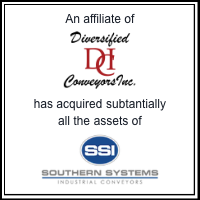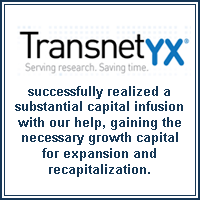
How Rising Interest Rates Can Affect the Value of Your Company
It is no secret that inflation and its ripple effects are sweeping across our nation with no signs of stopping anytime soon. The cost of everything in our day-to-day lives has skyrocketed, and the costs associated with running our businesses are no different.
In an effort to slow the impact of the current inflationary climate, the U.S. Federal Reserve Bank (the “Fed”) has moved to increase interest rates for the first time in 4 years (with additional rate hikes expected well into 2023). Is there a connection between rising interest rates and the value of your business?
We believe there is, and it’s in your best interest to pay attention to the rates of interest!
Interest Rate Basics
The Fed was created to maintain balance in the U.S. economy. Its mission is to maximize the country’s employment levels, help stabilize prices, and regulate long-term interest rates. In order to do that, they frequently make adjustments to short-term interest rates.
Interest rates represent the rate of return an investor can expect to be paid for taking a risk with their money on a particular business or financial product. It is essentially what it “costs” to have someone invest their money.
How Interest Rates Affect The Rate of Return
The required rate of return on stocks is based on several factors. First, the value of U.S. Treasury bonds is a fixed rate for a piece of the country’s debt security. They are guaranteed by the “full faith and credit” of the U.S. government.
Added to that rate is an additional factor known as a “risk premium.” People who invest in stocks expect a greater return than a Treasury bond because the companies they are investing in are, in many ways, unpredictable. In return for taking on greater risk, they want a rate of return. So the combination of the Treasury bond rate and an added risk premium (which will vary depending on the volatility of the company/industry in question) is what gives us “required returns.”
How Interest Rates Affect Valuation Multiples
At Southard Financial, we are in the business of providing valuations for companies looking to sell or individuals looking to buy. When we come on board, we go through every aspect of the business in question with a fine-toothed comb. But what everyone wants to know at the end of the day is: “what is the required rate of return and, in turn, the multiple?”
It is simply a form of analysis that compares one company to similar competitors using standardized methods. Once that number is determined, buyers and sellers can quickly determine whether or not they’d be getting a good deal by investing in this particular business.
Many people don’t realize just how much interest rates can affect valuation multiples. While it’s not a direct correlation, they definitely have an impact on how much a business is worth.
1. Interest Rates Affect How Spending Decisions Are Made
Rising interest rates often impact how well the company can operate. Leaders make different planning and spending decisions when interest rates are low compared to when they are high.
In a season like the one we are currently experiencing (rising interest rates), business owners tend to be much more cautious. They may hold off on larger capital improvements, product lines, or expansion projects because rising interest rates usually signal a more volatile economy. When uncertainty enters the marketplace, business leaders usually tap the brakes. Doing so may shield the company from some negative impacts of a bad economy, but it doesn’t allow for the growth and smooth operations that lead to higher valuations either.
2. Interest Rates Affect Interest Expenses
If a company has borrowed money to fund its operations, the costs of that debt go up when interest rates go up. Suddenly, that money becomes more expensive. The more money a company must spend on interest payments, the fewer profits it can realize. That can affect its value significantly.
3. Interest Rates Affect Customer Spending Habits
When interest rates rise and consumers’ dollars don’t stretch quite as far, they are forced to decide between spending them in one place versus another. If your company isn’t in the business of selling essential products or services to those consumers, more than likely they will decide to delay doing business with you.
Fewer customers buying what you sell leads to less revenue and fewer profits. That, in turn, directly affects the value of your business.
When Interest Rates Threaten Your Company’s Value, You Need a Guide You Can Count On
For over 30 years, Southard Financial has been helping business owners with accurate business appraisals and transaction advisory services. We’ve worked with hundreds of companies across dozens of industries.
Privately held and publicly traded companies of all sizes and types rely on our team of experts to guide them through maximizing their company’s worth. Schedule a call today to learn more about how we can help you during these uncertain times too!






